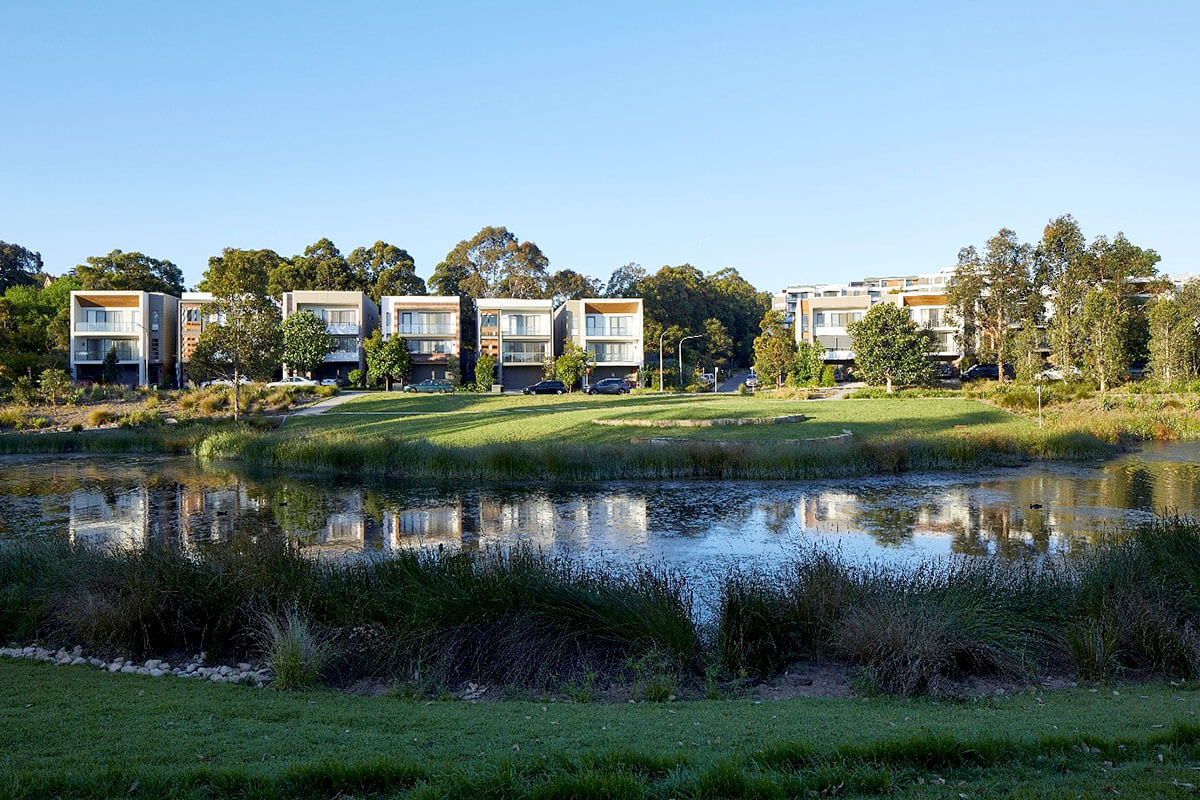BASIX stands for Building Sustainability Index. It is a sustainability assessment tool for residential buildings in NSW. BASIX aims to reduce the environmental impact of new homes by requiring them to meet certain minimum standards (for water and energy efficiency, and thermal performance) and to report on construction materials being used so their embodied energy can be calculated.
BASIX requirements apply to all residential dwelling types in NSW and form part of the development application process. NSW BASIX was a national first (starting in 2004) and is one of the strongest sustainable planning measures to be undertaken in Australia. As of 1 October 2023, the BASIX standards are aligned with and complement the National Construction Code 2022.
Access the BASIX tool at the NSW Planning Portal.
Increase to BASIX standards
The BASIX standards increased on 1 October 2023. Increased standards will help make our homes more comfortable year-round with less reliance on heating and cooling technology.
The sustainability standards for new residential buildings include:
- increasing the thermal performance standard from an average of 5.5–6 stars to 7 stars on the Nationwide House Energy Rating Scheme (NatHERS)
- reducing greenhouse gas emissions by 7-11% (depending on location and type of residential development proposed).
An average home meeting the higher BASIX standards will:
- save $1,070 per year in energy bills
- have $678 extra to spend each year (bill savings less the mortgage repayments on 5.94% p.a. interest rate).
The standards have increased for all new residential buildings across NSW, except homes in climate zones 9, 10 and 11 and apartment buildings up to 5 storeys.
Homebuyers who signed a building contract for a new house or duplex before 1 October 2023 can apply to use the current BASIX standards for their new home. This additional transition period was initially scheduled to end on 30 June 2024. However, we are working on an amendment to the Sustainable Buildings SEPP to extend this transitional period by a further 3 months to end on 30 September 2024.
We have updated the BASIX online tool and introduced a materials index to measure embodied emissions – the amount of greenhouse gases generated in production and transport of construction materials.
Read more about the increases to BASIX standards on the NSW Planning Portal.
Our panel of building industry experts shared their experience on designing homes to meet the higher standards and help you build more sustainable homes.
Watch our webinar about the higher BASIX standards, held in June 2023. Our panel of building industry experts shared their experience on designing homes to meet the higher standards and help you build more sustainable homes.
Expected outcomes
To date, BASIX has prevented 12.3 million tonnes of greenhouse gas emissions. Our updated standards, coming into effect on 1 October, will save another 150,000 tonnes of greenhouse gas a year. This is equal to running 31 wind turbines for a year, providing enough electricity to power 27,000 homes each year, or planting around half a million trees.
While there will be significant savings over the long term, the improved standards do mean there will be some upfront costs:
- $7,152 more to build an average house in Blacktown
- $6,403 more to build an average townhouse in Albion Park
- $860 more per apartment to build a high-rise in Macquarie Park.
